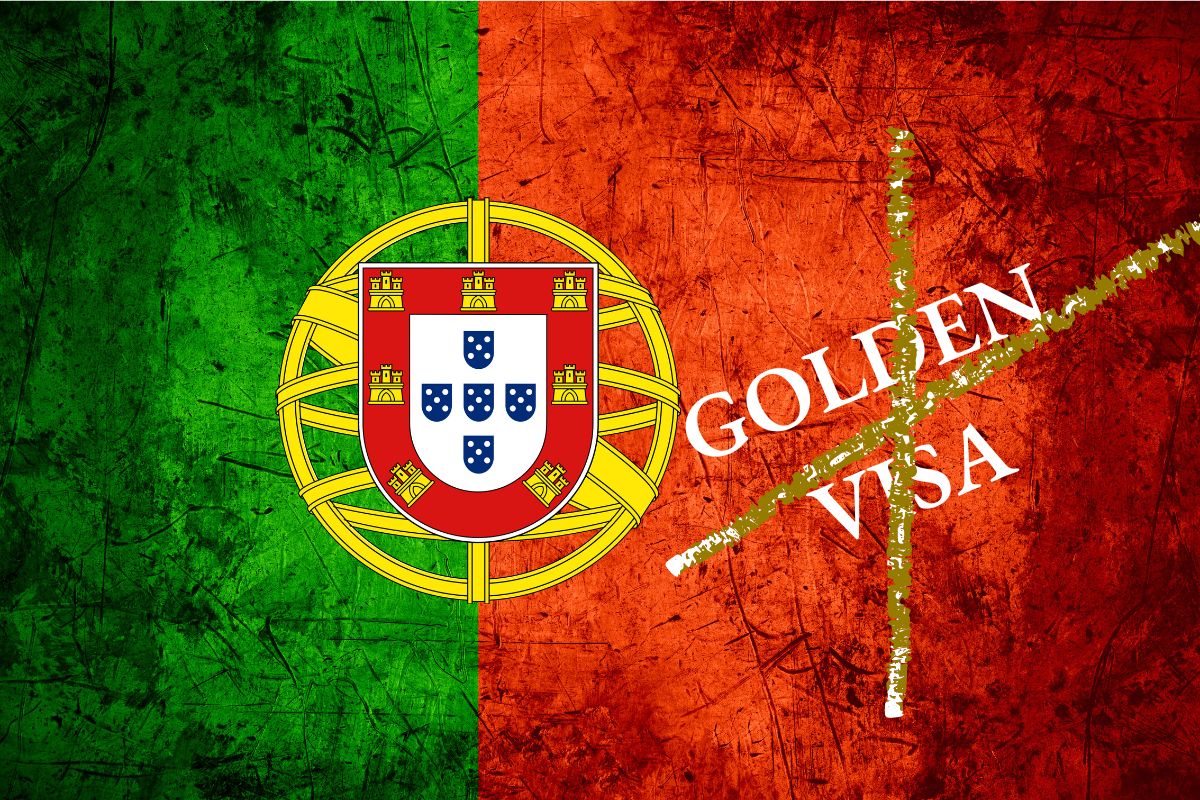The Golden Visa scheme (est. 2011) was a residency-by-investment scheme, and whilst very attractive to individuals, has always been considered controversial by some Portuguese politicians as well as various EU governmental authorities.
It allowed non-EU nationals to obtain residency rights in Portugal (and therefore access to the Schengen area) by making relatively low capital investments into real estate or Portuguese-based investments. It also had very loose minimum stay requirements of only seven days per year.
What happened?
As a result of the influx of foreign investment, mainly into the housing market, Portugal’s real estate sector exploded.
The increased demand for property has not only driven up property prices but also affected the rental market. Many of these properties have been made available for short-term lets e.g. AirBnB, because of the lucrative returns in comparison to long-term lets. In one of the poorest countries in Europe, where the minimum wage is just €760 per month (2023), it has led to a housing market crisis, pricing out many Portuguese nationals.
There have been efforts over the years to try and reduce the negative effect on the real estate market by restricting the qualifying investment locations, excluding the more popular coastal and city areas. But under increasing pressure, the Golden Visa scheme was terminated with immediate effect in February 2023. Premier Costa stated that it was, “no longer justified” and that it has served its purpose to inject much-needed investment into Portugal over the last decade.
 What about those with the Golden Visa?
What about those with the Golden Visa?
The Golden Visa is valid for five years. Those already in the scheme will only be able to renew their visa if they use the property as their own home or if they make it available for long-term lets.
No new Golden Visa applications will be accepted.
Other visa options
Despite the end of the Golden Visa scheme, many other options are available to prospective ex-pats. The most appropriate one for you will depend on your circumstances and intentions.
For example, a D7 visa requires applicants to have a minimum level of passive income and does not allow the individual to work in Portugal. The D2 visa is aimed at attracting entrepreneurs who wish to establish an economic activity in Portugal and will allow the individual to work. There are also visas aimed at digital nomads.
This article was kindly provided by The Spectrum IFA Group and originally posted at: https://spectrum-ifa.com/end-of-the-golden-visa-in-portugal/
The above contents and comments are entirely the views and words of the author. FEIFA is not responsible for any action taken, or inaction, by anyone or any entity, because of reading this article. It is for guidance only and relevant professional advice should always be taken before investing in any assets or undertaking any financial planning.
